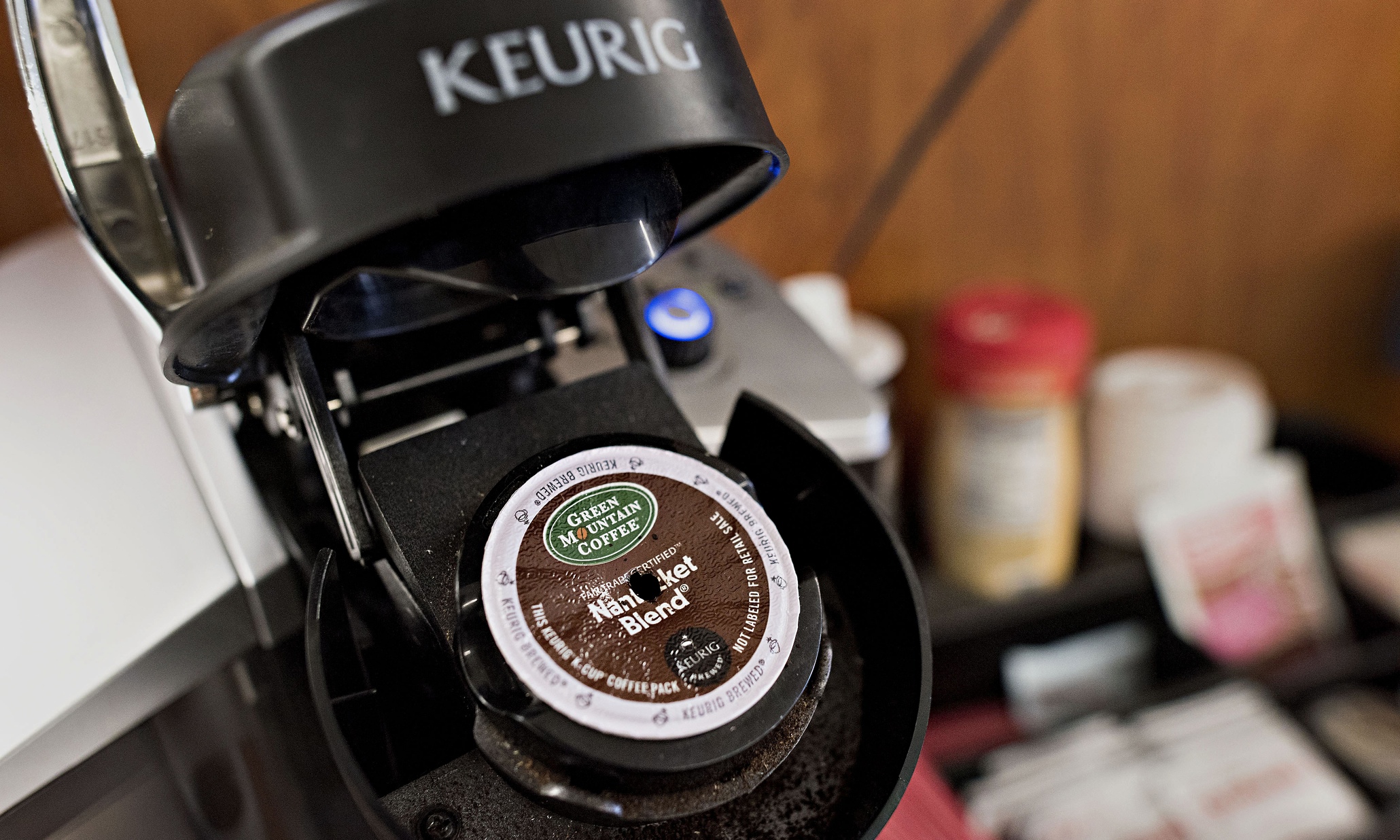Germany passed a law Friday that requires some of Europe’s biggest companies to give 30 percent of supervisory seats to women beginning next year.
Keurig Coffee Pod Regrets | The Guardian
John Sylvan invented the American coffee pod and started a multi-billion dollar company. But he’s full of regrets about their environmental impact.
Actions, as well as in-actions, have consequences. I presume he made quite a bit of money off his invention, but it seems he’s not really a happy or happier person for it. That’s unfortunate.
The key to understanding what happened with coffee pods is to realise that people aren’t actually buying coffee. So, what are people who buy coffee pods (and the machines that take them) actually buying? Convenience.
And that, sadly, also explains why the coffee pods recycling efforts don’t work: they detract from the experience of convenience.
The fact that there’s a market for some stuff doesn’t mean you have to jump into it – some things are just not good when you think it through (in a “what am I really selling” context). But it depends on what you want to achieve.
Teen earns $500,000 a year babysitting
http://www.stuff.co.nz/business/world/66729991/Teen-earns-500-000-a-year-babysitting
For most teens, for one night of babysitting a week is enough. Noa Mintz is not most teens.
The Top 10 Jobs That Attract Psychopaths | Forbes
http://www.forbes.com/sites/kellyclay/2013/01/05/the-top-10-jobs-that-attract-psychopaths/
 Everyone I have ever worked with has, at some point, called another colleague or coworker “crazy.” But does your job actually attract true psychopaths? In the book “The Wisdom of Psychopaths: What Saints, Spies, and Serial Killers Can Teach Us About Success,” Kevin Dutton explains that there are jobs that there are jobs that can attract literal psychopaths – and also jobs that are least likely to do so.
Everyone I have ever worked with has, at some point, called another colleague or coworker “crazy.” But does your job actually attract true psychopaths? In the book “The Wisdom of Psychopaths: What Saints, Spies, and Serial Killers Can Teach Us About Success,” Kevin Dutton explains that there are jobs that there are jobs that can attract literal psychopaths – and also jobs that are least likely to do so.
Myriad Genetics Finally Gives Up Its Gene Patent Fight… Just As The Patent Office Opens The Doors Up To More Gene Patents | Techdirt
[…] the story of Myriad Genetics, the biotech company that has a test for the BRCA1 and BRCA2 genes (often an indicator of a higher risk for breast cancer). The company argued that because of its patent on those genes, no one else could test for those genes. Back in 2013, the Supreme Court did the right thing and finally rejected the concept of gene patents, despite years of the USPTO granting such patents. As the court noted, allowing gene patents created a perverse situation in which a single company could have the exclusive right to isolate a person’s own genes — and that’s just not right.
But Myriad Genetics did not give up easily. Just a month after the Supreme Court ruling it sued a bunch of competitors over a different set of gene patents, insisting that the Supreme Court had really only struck down the two in question. Those lawsuits did not go well, as Myriad lost again and again. At this point, it’s only choice was to go back to the Supreme Court, where it was obviously going to get a pretty big smackdown — so Myriad has now admitted that it will not pursue an appeal effectively ending this latest round of cases (after costing those other testing centers tons of money to defend themselves).
Good for Myriad, finally seeing sense (though at great expense to many).
Meanwhile, however, the USPTO (US Patent & Trademark Office) continues its long running bad strategy of simply tweaking its guidelines to allow more application. This despite a) court rulings disqualifying such non-innovations and b) overwhelming proof that the strategy does not aid innovation.
I find it astonishing that an organisation can go so wrong in that its primary activity now appears to be directly opposed to the goal it was created to promote.


